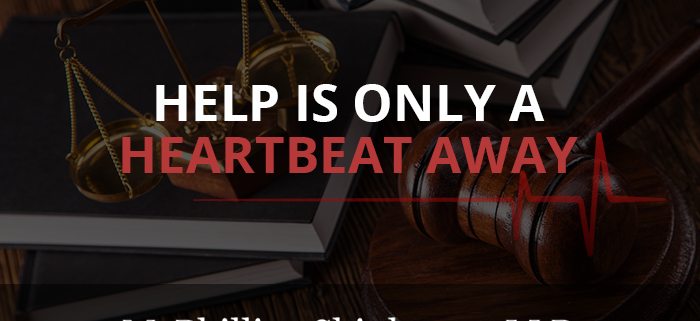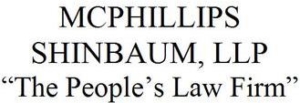What Kind of Defense?
When the state accuses you of a crime, you are entitled to the protection of the law. One such protection is the presumption of innocence: To get a conviction, the state must prove, beyond a reasonable doubt, that you committed the crime. It is never the responsibility of defendants to prove that they didn’t do it.
Nevertheless, the prosecution often has evidence, and in these cases, a good defense is important. There are various types of defenses that are available to defendants, regardless of the nature of the crime. Some examples include:
Using exculpatory evidence
The defense may have evidence that indicates, or even proves, that the defendant did not commit the crime. If this evidence shows that the defendant was not present at the time and place of the alleged crime, it is called an alibi.
Weakening the prosecution’s case
Television court cases often show riveting scenes of cross examination when a witnesses are broken and their stories discredited. In real life, cross-examination is rarely so overtly dramatic. But it often does succeed in exposing the weaknesses of the prosecution’s case, and therefore serves as an important tool for the defense.
Self-defense or defense of others
You may use a reasonable degree of force to defend yourself or a third person from a harmful attack by another.
Duress
A person who commits a crime under duress is not responsible for the crime. A person acts under duress if “compelled to do so by the threat of imminent death or serious physical injury to himself/herself or another.”
Being prosecuted for a crime is serious, and it is important to establish the best possible defense for your unique situation. Contact our criminal defense attorneys to find out how we can put our extensive expertise to work for you.









